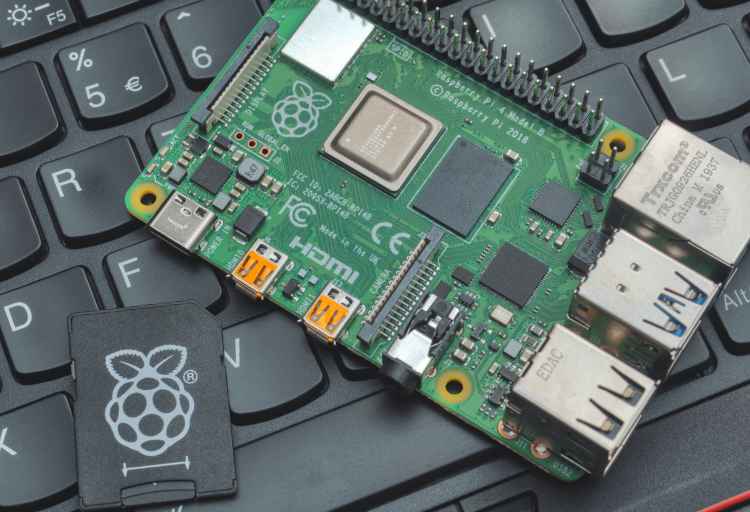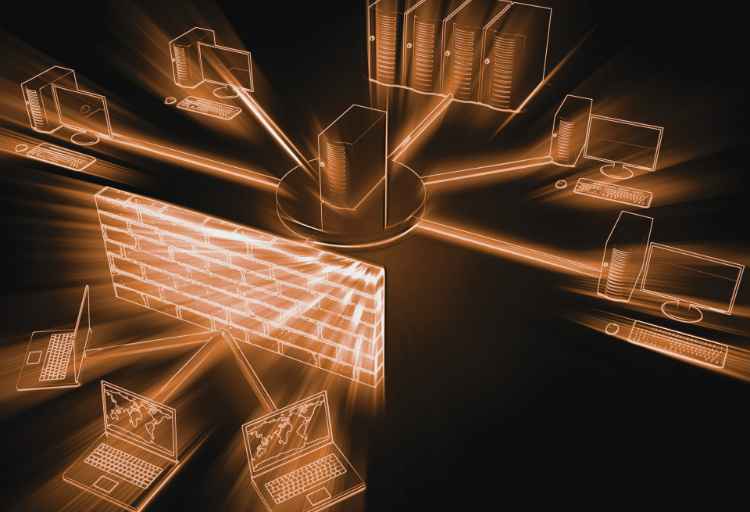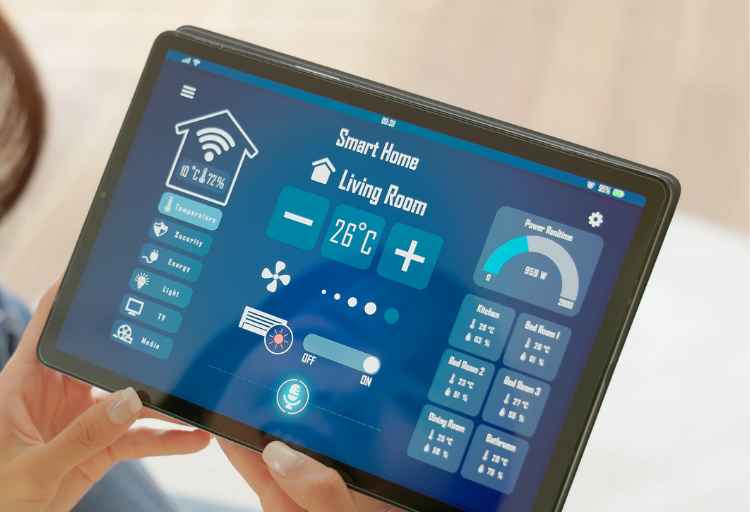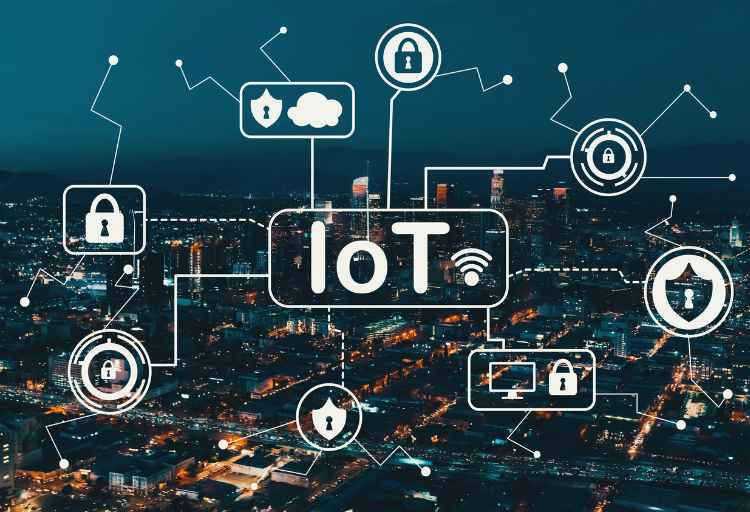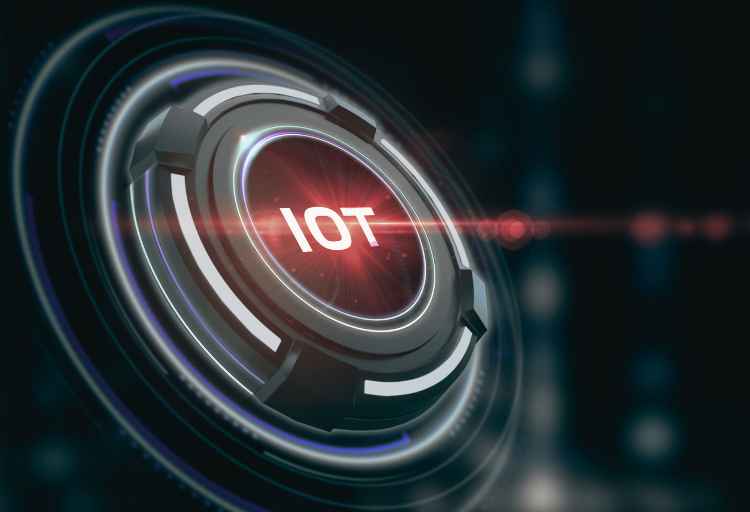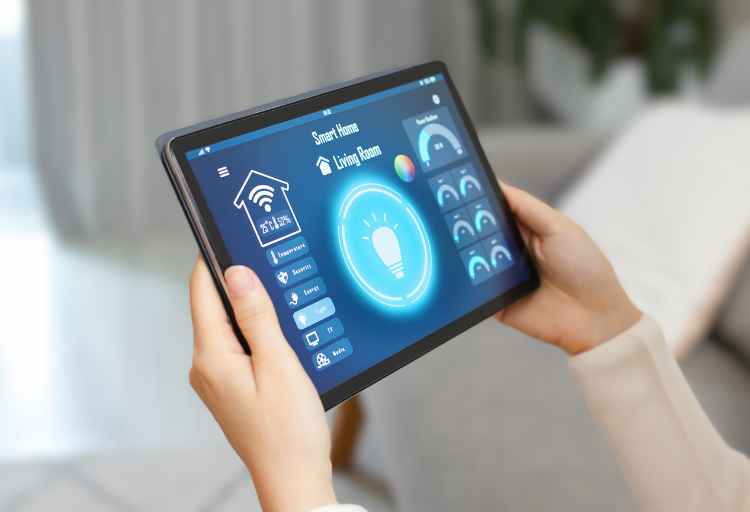What Type of IoT Device is the Raspberry Pi?
The Internet of Things (IoT) has revolutionized the way we interact with the world around us, connecting everyday objects to the Internet and enabling them to collect and exchange data. In the realm of IoT, one device has gained immense popularity for its versatility and affordability – the Raspberry Pi. But what exactly is a Raspberry Pi, and what type of IoT device is it? In this article, we will delve into the details of Raspberry Pi, exploring its various models, applications in IoT, advantages, challenges, and more.
Contents
Understanding Raspberry Pi
The Raspberry Pi is a credit card-sized single-board computer (SBC) developed by the Raspberry Pi Foundation, a UK-based charity organization. It was initially created to promote computer science education but has since found its way into numerous IoT applications due to its compact design and impressive capabilities.
Raspberry Pi boards are equipped with a central processing unit (CPU), memory (RAM), USB ports, HDMI output, GPIO (General Purpose Input/Output) pins, and various connectivity options, including Wi-Fi and Ethernet. These components make it a versatile and adaptable IoT device.
Raspberry Pi Models
Over the years, the Raspberry Pi Foundation has released several models, each with its own set of specifications and capabilities. Some of the most popular models include:
Raspberry Pi 1 Model B
- Released in 2012
- 700MHz CPU, 256MB RAM
- Limited connectivity options
Raspberry Pi 3 Model B
- Released in 2016
- 1.2GHz quad-core CPU, 1GB RAM
- Built-in Wi-Fi and Bluetooth
Raspberry Pi 4 Model B
- Released in 2019
- 1.5GHz quad-core CPU, up to 8GB RAM
- Dual HDMI outputs, USB 3.0 ports
Raspberry Pi Zero
- Ultra-compact and affordable
- Limited processing power but suitable for basic IoT applications
Each Raspberry Pi model caters to different requirements, allowing users to choose the one that best suits their IoT projects.
Applications of Raspberry Pi in IoT
Raspberry Pi’s versatility makes it an ideal candidate for a wide range of IoT applications:
Home Automation
Raspberry Pi can be used to control smart devices, such as lights, thermostats, and security cameras, creating a connected and automated home environment.
Environmental Monitoring
Researchers and enthusiasts can deploy Raspberry Pi devices to monitor environmental data like temperature, humidity, air quality, and more. This data can be collected and analyzed for various purposes, including climate research and agricultural management.
Industrial IoT
In industrial settings, Raspberry Pi can serve as a cost-effective solution for monitoring and controlling machinery, optimizing processes, and ensuring smooth operations.
Smart Agriculture
Farmers can employ Raspberry Pi-based systems to automate irrigation, monitor soil conditions, and gather data on crop health, helping increase agricultural efficiency.
Education
Raspberry Pi continues to be a valuable tool in computer science education. It provides hands-on experience for students to learn programming, electronics, and IoT concepts.
Advantages of Using Raspberry Pi in IoT
The Raspberry Pi offers numerous advantages when used as an IoT device:
Cost-Effective
One of the most significant advantages is its affordability. Raspberry Pi boards are cost-effective, making them accessible to hobbyists, students, and small businesses.
Versatility
Raspberry Pi’s GPIO pins allow for easy integration with various sensors and peripherals, making it adaptable to a wide range of IoT applications.
Large Community Support
The Raspberry Pi has a large and active community of developers and enthusiasts, providing ample resources, tutorials, and support for users.
Energy Efficiency
Raspberry Pi devices consume relatively low power, making them suitable for battery-powered IoT applications.
Compact Size
The small form factor of Raspberry Pi boards enables their deployment in tight spaces and portable projects.
Easy Prototyping
Raspberry Pi facilitates rapid prototyping and experimentation, allowing users to quickly bring their IoT ideas to life.
Challenges and Limitations
While Raspberry Pi is a versatile IoT device, it does come with some challenges and limitations:
Limited Processing Power
Compared to high-end computers, Raspberry Pi has limited processing power. This can be a bottleneck for applications requiring intensive computations.
Security Concerns
As with any IoT device, security is a concern. Raspberry Pi users must take measures to secure their devices and data.
Lack of Real-Time Capabilities
Raspberry Pi is not suitable for applications that require real-time processing, as it may experience delays.
Scalability
For large-scale IoT deployments, managing multiple Raspberry Pi devices can be challenging, requiring robust management solutions.
FAQ
Can Raspberry Pi be used for commercial IoT applications?
Yes, Raspberry Pi can be used in commercial IoT applications, especially in small to medium-sized projects. However, for large-scale deployments, more specialized hardware may be required.
Can I run machine learning models on a Raspberry Pi?
Yes, you can run lightweight machine-learning models on Raspberry Pi, but complex models may require more powerful hardware.
Are there operating systems specifically designed for Raspberry Pi?
Yes, several operating systems, such as Raspbian and Ubuntu MATE, are tailored for Raspberry Pi, optimizing performance and compatibility.
Conclusion
Finally, the Raspberry Pi is a remarkable IoT device that has found its place in a wide range of applications due to its affordability, versatility, and active community support. Whether you’re a student learning about IoT or a professional looking to prototype a new project, the Raspberry Pi offers a cost-effective and user-friendly platform to explore the world of connected devices. While it has its limitations, its advantages far outweigh them, making it a valuable asset in the IoT landscape.
